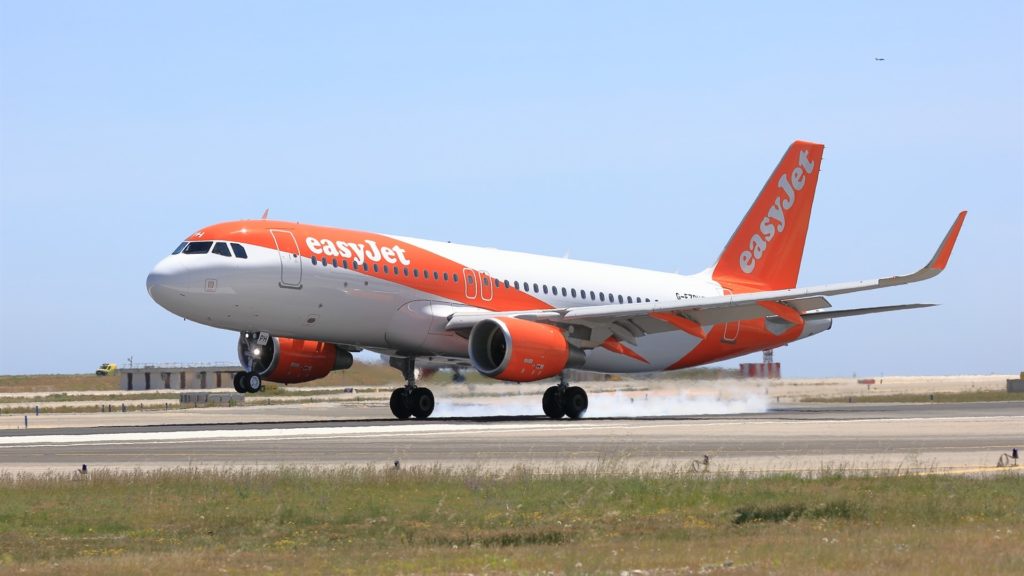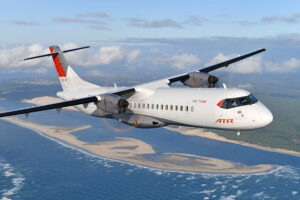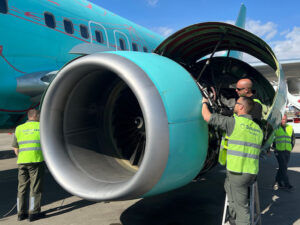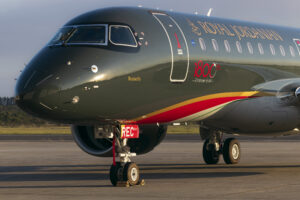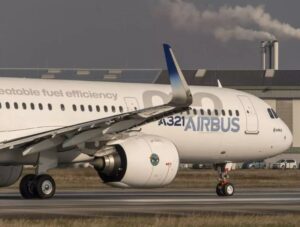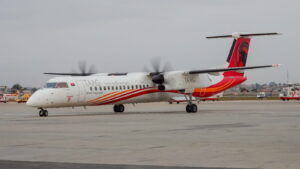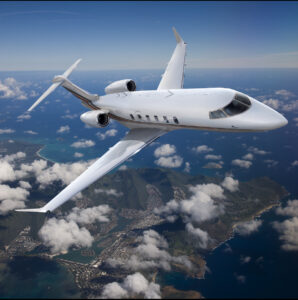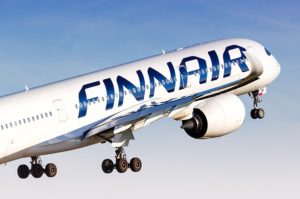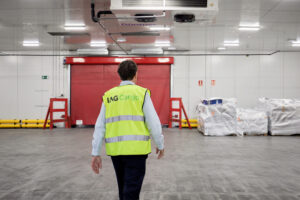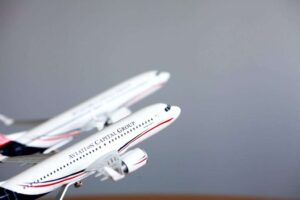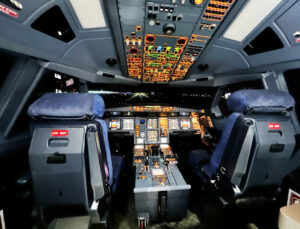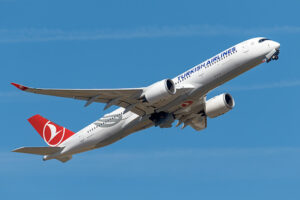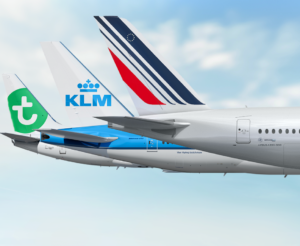As art of its bid to reach net-zero carbon emissions by 2050, European low-cost carrier easyJet has invested heavily in the retrofitting of Airbus’ fuel saving Descent Profile Optimisation (DPO) function and also its Continuous Descent Approach (CDA) for compatible aircraft. The immediate effect will be a 1% fuel saving once the fleet-wide retrofit has been completed by this time next year. The outcome will also mean that easyJet will have the world’s largest fleet of DPO- and CDA-enabled aircraft, which should provide a CO2 reduction in the region of 88,600 metric tonnes.
Descent Profile Optimisation (DPO) is a fuel saving programme which updates the Flight Management System (FMS) to enable consistently more efficient descents by allowing the aircraft to remain for longer in the cruise phase and reduce deceleration level-off, which reduces carbon emissions. CDA also minimises noise pollution on the approach, which has the potential to benefit residential communities near airports. In the short-term, continuous daily improvements help to reduce airline carbon emissions. And since 2000, easyJet has reduced its carbon emissions per passenger, per kilometre, by one-third through the combination of fleet renewal and efficient operations.
In years to come, easyJet will continue to invest in fleet renewal, making a list price investment of US$21bn in new Airbus A320neo family aircraft which are 15% more fuel efficient and 50% quieter than the aircraft they will be replacing. This includes adjusting standard operating procedures to enable single-engine taxiing on arrival and departure, reducing usage of Auxiliary Power Units on its aircraft, the use of advanced weather information to improve navigational performance, and engine washing to remove debris which improves the performance of air turbines.

